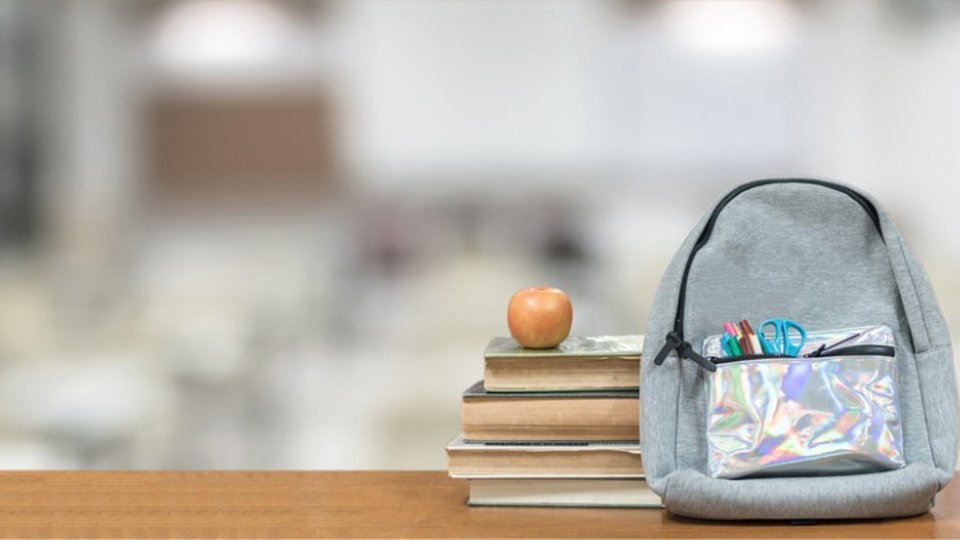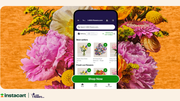Marketing
The back-to-school season will be expensive so retailers must think creatively
Phillip Jackson, chief commerce officer at Rightpoint, explains why the upcoming back-to-school sales season will be unique for retailers and why it's time to think outside of the box.

June 14, 2021 by Phillip Jackson
Back-to-school season is typically a time of jubilation for retailers. After months of consumers spending time at the beach or the backyard grilling, they hit the stores for school clothes, uniforms, supplies and electronics. This year, however, back-to-school will feel like a financial attack on middle class families, and retailers should be sensitive to their plight.
Why do I say that? First, there are a lot of kids who'll return to the classroom after 18 months of remote learning, and they'll need suitable clothes. According to Harvard Business School analysis, families spent considerably on pajamas during the pandemic, but spending on pants and tops declined. Unless their children didn't grow much over the past 18 months, families will need to purchase whole new school wardrobes for them, which will take a bite out of their wallets.
Upper high schoolers and college students may still fit into last year's clothes, but styles are changing. Skinny jeans are out, and wider, more relaxed cuts are in. Parents can expect their kids to plead for jeans that allow them to fit in with their friends.
On top of that, there were no required lists last year, which means leftovers from the year before will be depleted. We don't have a single scrap of paper in our household, and we have precious few pens, pencils and sharpies. Our kids didn't need any of that stuff for remote learning, so we'll need to stock up from scratch. I suspect most families share our predicament.
And then there are the electronics. When remote learning began, many school districts supplied Chromebooks or other computers to students, and now many of the districts, like Palm Beach County, are demanding parents pay for damaged devices. Most kids will still need a device when they return to the classroom, as COVID-19 inserted a huge digital component to learning, including digital class schedules, syllabuses and even learning materials. But this year, school districts are adopting a BYOD policy, which means that in addition to paying for the device their child broke, parents will need to spring for a second one.
All of this to say that for parents, many of whom lost jobs or hours as a result of the pandemic, back-to-school is more costly than ever.
Creative strategies for retailers
Discounts and promotions will certainly help ease the burden on parents, but it's not as if 2020 was a flush year for retailers, especially those for whom school supplies were an important revenue stream. Retailers will need to think creatively about the season, and find ways to help parents supply their children without tanking their mutual balance sheets.
One way to help parents may be to let them tap into captive funds in digital wallets like Venmo or Dwolla. I have a colleague who has $5,000 in his Venmo account, and would like nothing more than to use those funds to gear up his kids for school this fall. Expanding payment options may mean that parents have more liquidity than they realize, and can afford to pay full price for supplies.
Buy now/pay later is also a good strategy to alleviate the financial burden of back-to-school on parents. This strategy will allow parents to buy, say, a year's worth of uniforms upfront in order to benefit from a volume discount, but spread the costs out over a period of time. Retailers that offer this option will lock in a year's worth of sales for that family, since they won't shop with a competitor for next spring's uniform.
Group buys are another option that can allow parents to pool their resources and purchase in bulk. In China, the Pinduoduo platform allows consumers to share product information on social media, and invite their friends and family to form a shopping team to get a lower price for their purchase. Obviously retailers can't launch a similar platform in time for back-to-school, but there are a lot of Facebook Neighborhood Groups that are doing this kind of buying organically, and retailers can tap into that buying trend by announcing they support group buys.
Finally, retailers can leverage their affiliate partners more than they have in the past. Honey Coupons provides a host of tools for users to save money, including a savings finder, rewards program and a price history that helps users decide whether to buy now or wait for another price drop. Honey has become an important discovery platform for consumers, and back-to-school retailers may find it a good vehicle to attract new customers to their brand.
American Express and Chase Sapphire also have attractive rewards programs. Card holders can use their accrued points (another form of liquidity) to purchase from retailers who participate in the loyalty programs. What's interesting about this opportunity is that the card companies have an astute understanding of who their customers are, and can probably help back-to-school retailers get in front of cardholders who have school-aged children. American Express, in particular, currently works with local brands to prompt loyalty from a local perspective, and could be a good ally for back-to-school promotions.
Back-to-school has always relied heavily on sales and promotions, but this year, parents (and retailers) may need more than that to survive. It's time to think outside of the box. But here's the thing: consumers are already moving towards things like digital wallets and group buys. Meeting them there may help retailers win their business over the long run.
Phillip Jackson is chief commerce officer at Rightpoint
 ChatGPT
ChatGPT Grok
Grok Perplexity
Perplexity Claude
Claude




